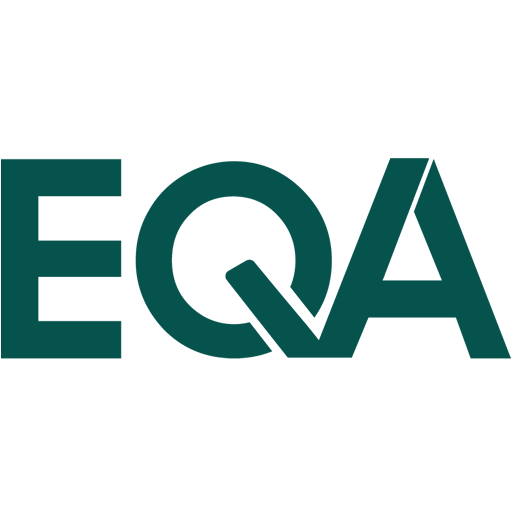
ISO 17100 – Translation Services
ISO 17100 is aimed both at companies that provide translation services and at those organisations that have an international development department and are used to managing their own translations.
Given its structure, it is very easy to integrate this standard with ISO 9001 and to unify the two audits.
The standard is based on the following points:
- The need for a management system that facilitates the control of the process and status of projects.
- The qualification of the technical staff involved in projects, defining minimum requirements to qualify a person as a translator or reviser, not only in the language in question but also in the subject matter of the translation.
- The need to introduce the figure of the reviser in all projects that comply with this standard as a facilitating element to ensure that the result sought by the client is obtained.
- The identification and review of the client’s requirements and the closure of the project with the confirmation that it has been satisfactory.
Aspects of ISO 17100
Any translation service in accordance with ISO 17100 has to include at least translation and proofreading.
- Translation and checking. A translator with the appropriate skills translates the documents and, after completing the initial translation, checks his or her own work.
- Revision. A person other than the translator revises the translation. The standard defines revision as “examining a translation for its suitability for the intended purpose, comparing the source and target texts, and recommending corrections”.
Frequently Asked Questions
ISO 17100 standard
The ISO 17100 quality standard is a European standard specifically for translation services, which “covers the core process of translation, as well as all other aspects related to the provision of the service, including quality assurance and traceability”.
It also establishes and defines the requirements to be met by a translation service provider (TSP) in terms of human and technical resources, quality management, project management, contractual relations with its clients and suppliers, and service procedures.
The standard requires the translation service provider (translation agency or company, team of translators, etc.) to have a documented procedure for the management of translation projects and briefly describes the different phases of project management: from the control and supervision of the preparation process to the validation process for final delivery.
ISO 17100 was approved by the European Committee for Standardisation (CEN) on 13 April 2006 and officially published in May 2006. The standardisation bodies of Austria, Belgium, Cyprus, Czech Republic, Denmark, Estonia, Finland, France, Germany, Greece, Hungary, Iceland, Ireland, Italy, Latvia, Lithuania, Luxembourg, Malta, Netherlands, Norway, Poland, Portugal, Romania, Slovakia, Slovenia, Spain, Sweden, Switzerland, United Kingdom and United Kingdom are obliged to adopt this European standard.
Points to highlight
Broadly speaking, the highlights of the standard are, on the one hand, the definition of the translation process, in which translation itself is just one of the phases of the process, which does not guarantee quality without revision by a person other than the translator; and, on the other hand, the precision of the professional competences of each of the participants in the translation process, mainly translators, revisers, proofreaders and proofreaders.
Professional competencies of translators and revisers
- Translators involved in translation projects in accordance with ISO 17100 must demonstrate the professional competencies required by the standard by fulfilling at least one of the three requirements.
- A higher education qualification in translation (recognised qualification).
- Equivalent qualification in another subject area plus at least two years of documented translation experience.
- At least five years of documented professional experience in translation.
Revisers, in addition to fulfilling one of the three requirements above, must have translation experience in the subject area in question.
Copy editing and Proofreading
ISO 17100 defines copy editing as the “examination of a translated target text with regard to its suitability for the intended purpose and the conventions of the domain to which it belongs, and recommendation of appropriate corrections”, i.e. a review of the translated document by a specialist. Proofreading, which is also covered by the standard, consists of checking the proofs before publishing the translation.
Exception
ISO 17100 does not apply to official translations carried out by authorised translators appointed by the Ministry of Foreign Affairs and Cooperation.
Contact us for more information about ISO 17100
Certificación de Calidad